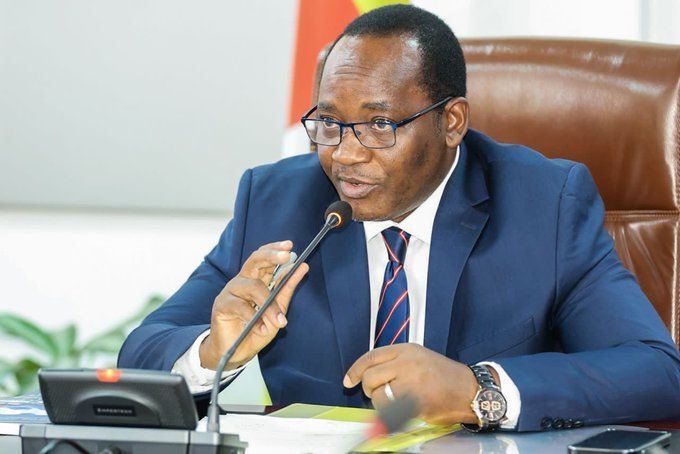If UPDF Bill Passed, It Would Make Constitution Subordinate To UPDF Act-Mpuuga Opposes Cruel Bill
Kampala|FileFactsUg

In a strong stance against the proposed Uganda People’s Defence Forces (UPDF) Amendment Bill 2025, Democratic Alliance National Coordinator Mathias Mpuuga has vehemently opposed the bill, which seeks to empower military courts to try civilians.
Mpuuga’s dissent came during a May 14, 2025, session where Attorney General Kiryowa Kiwanuka and Minister of Defence Jacob Oboth Oboth appeared before the committees on Legal, Parliamentary Affairs, Defense, and Internal Affairs to defend the bill.
Mpuuga questioned the bill’s constitutionality, particularly in light of the January 31, 2025, Supreme Court ruling that annulled the trial of civilians by military courts.
“The objective of the Supreme Court was to strengthen Article 28, which talks about a fair hearing,” Mpuuga emphasized. “None of these amendments speaks about fair hearing, speedy trial,” Mpuuga said.
The Nyendo-Mukungwe MP expressed concerns that the bill would undermine the Constitution, specifically Article 129, which outlines the establishment of courts.
“I went through this bill… to try to find where to place the new provisions in line with the command of Article 129(d) on how the Court Martial becomes a Court, I cannot find it,” Mpuuga stated.
Mpuuga argued that the bill’s amendments contradict the Supreme Court’s guidance, which aimed to ensure fair hearings and protect civilians’ rights.
“The amendments provided by the Attorney General and the Minister, for me, still contradict what the Supreme Court guided about,” Mpuuga said, “the ruling of the Supreme Court is almost enacted law. It never at any time empowered the government to go and strip civilians of their status.”
The sharp legislator and lawyer Mpuuga further highlighted that the International Criminal Division of the High Court, established in accordance with the law, can adequately try cases such as murder and cattle rustling.
“These amendments do not speak of that fact and are not introducing anything new to warrant exceptional circumstances,” Mpuuga argued, “Hon chair, the lawyer in you, knows well that murder, cattle rustling, and all these cases can be ably tried in the high court.”
Mpuuga thus warned that if passed, the UPDF Act would supersede the Constitution, stripping civilians of their rights.
“I am waiting to be convinced that these amendments speak to the command of Article 28 and 44(c). Otherwise, taking them on face value would mean that the UPDF Act is now the supreme law of the land, and the Constitution is subordinate to the UPDF Act,” he said.
To conclude his submission, Mpuuga reiterated his opposition to the bill, emphasizing the need to protect civilians’ rights and uphold the Constitution.
“It’s not merely personnel; a court martial should exist within the law, and the law is Article 129. I want the AG to help me place these amendments. When the International Criminal Court was being formed as part of the court, its parameters were clearly under Article 129,” Mpuuga stressed.
